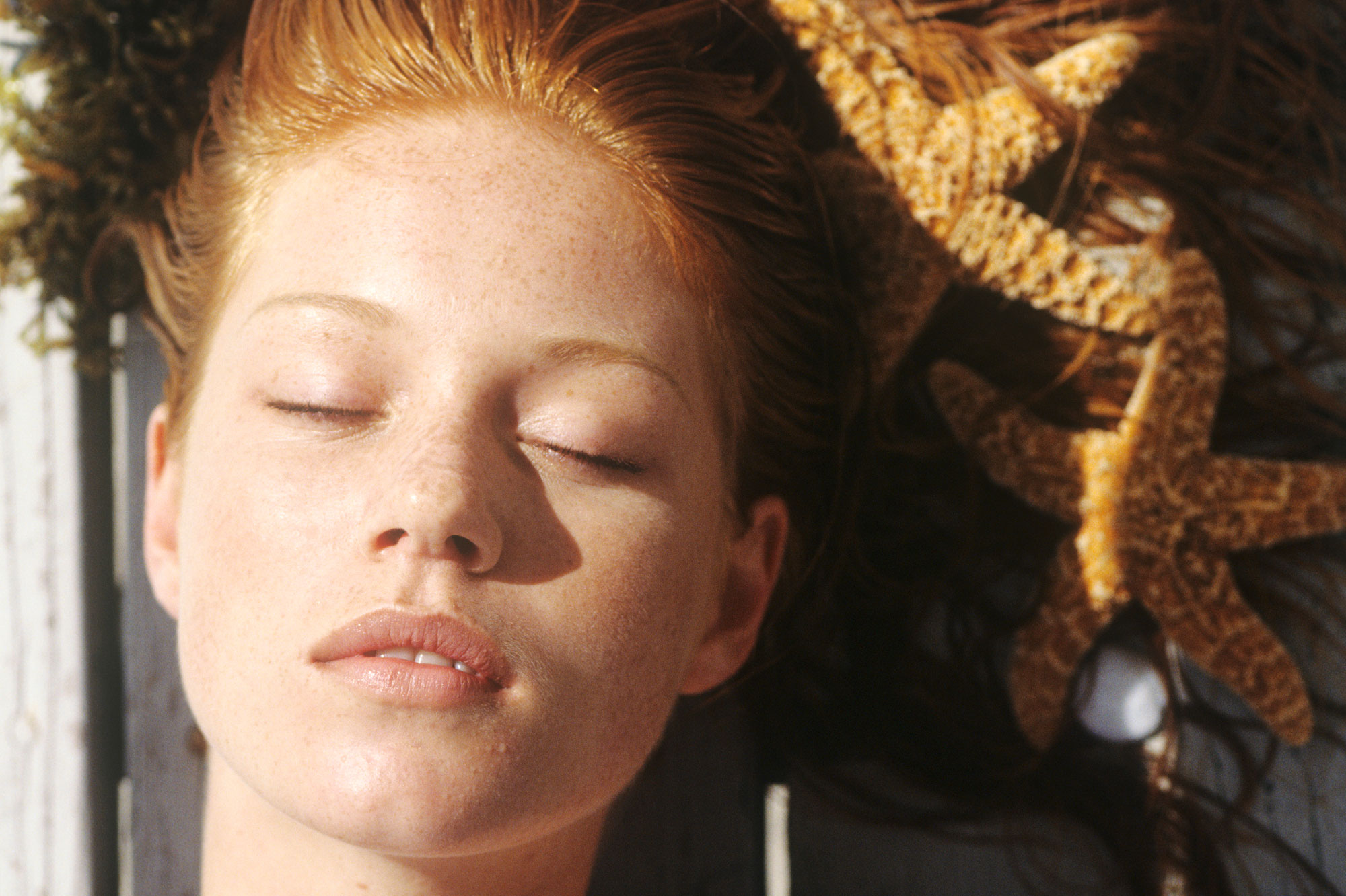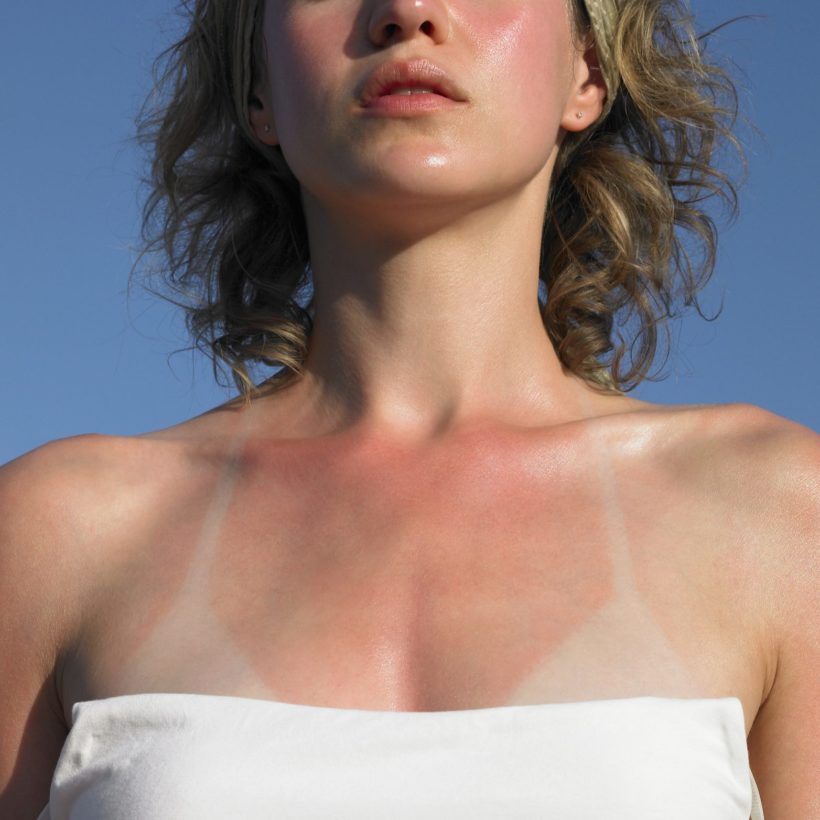It’s no secret that broad-spectrum sunscreen is a daily must-have. But there are certain skincare ingredients in your other products that could cause photosensitivity (when your skin is more sensitive to the sun). “In some cases, they cause skin sensitivity by exfoliating away dead skin cells and stimulating cell turnover — in both cases, fresher skin cells are revealed, which are more delicate and sensitive to sun exposure,” says Dendy Engelman, M.D., cosmetic dermatologist and Mohs surgeon at the Shafer Clinic. “In other cases, for example, certain brightening ingredients suppress inessential melanin, making the skin more susceptible to sun damage.”

To keep your skin protected from environmental damage, first learn about which ingredients potentially put you at more risk for sunburn and hyperpigmentation. Then, make sure to slather on an extra helping of sunscreen to be safe (let’s do this even if we don’t have a single other product on, shall we?). “A key aspect of even the most basic skincare regimen is sunscreen, at least an SPF 30 and broad-spectrum, but this is especially important for patients applying sun sensitizing ingredients,” says Emily de Golian, M.D., dermatologist and Mohs Surgeon with Dermatology Consultants, P.C.
Retinol
Retinol is generally recommended for use at night, so it doesn’t interfere with sun exposure. “Retinol increases the turnover rate of healthy skin cells while decreasing the thickness of dead skin cells in the outer stratum corneum of the skin,” explains Dr. de Golian. “The healthy cells beneath this layer are thus more susceptible to sun damage, so sunscreen is an important part of a daily morning routine for retinoid patients.” UV light also breaks down the effectiveness of retinoids (that’s why you always see products with retinol compounds in an opaque or dark bottle).
For individuals with extra sensitive skin, Dr. de Golian recommends mixing retinol and other vitamin-A derivatives with moisturizer to dilute their potency or decreasing use to just a few nights per week to avoid increased sensitivity upon sun exposure. But, keep in mind that the right retinol formulation (like the stabilized retinoid blend found in Sunday Riley A+ High-Dose Retinoid Serum), you can safely use it every day.
 Isotretinoin
Isotretinoin
Formerly known as Accutane, this medication is prescribed to treat severe, cystic and nodular acne, explains Dr. Engelman, and is a very powerful treatment method. It is classified as a retinoid or vitamin A derivative, like retinol. “Isotretinoin decreases the size of the sebaceous glands, which produce oil,” Dr. Engelman explains. “When this happens, the skin becomes drier, thinner, and more fragile, which results in greater sun sensitivity.”
For those taking this prescription, it’s best advised to stay out of the sun — using a high SPF (at least 50) and wearing a hat whenever you know you will be exposed to sunlight for long periods of time. This will help reduce rash and sunburn, notes Dr. Engelman.

Hydroxy acids
Alpha-hydroxy and beta-hydroxy acids, such as glycolic, lactic, and salicylic, are excellent chemical exfoliators that help slough off dead skin cells and stimulate the natural skin process of cell turnover, which yields fresher younger-looking skin. “They can be found in almost any skincare product category, ranging from chemical peels and liquid exfoliants where they’re found in higher concentrations to cleansers and serums that tend to appear in smaller amounts,” explains Dr. Engelman.
Certain products containing hydroxy acids may make you more sun-sensitive, Dr. Engelman warns, so she recommends applying them at night or following them with sunscreen if you’re using them during the day. If you’ve recently gotten a chemical peel, she suggests applying calming, nourishing ingredients, such as petroleum jelly or non-comedogenic moisturizers to help the skin barrier recover.
Hydroquinone
This controversial ingredient (banned in Europe, Japan, and Australia) reduces the amount of melanin in the skin to create lighter, brighter skin. Because melanin is protective against UVA/UVB rays, decreasing the amount of skin’s natural defense system will make skin more sun-sensitive. Alternatives like vitamin C and other antioxidants will also help brighten skin with the added benefit of helping prevent DNA damage. If you do use hydroquinone, it’s best to keep them in your routine temporarily since this topical is not safe to use daily for longer than a few months.









